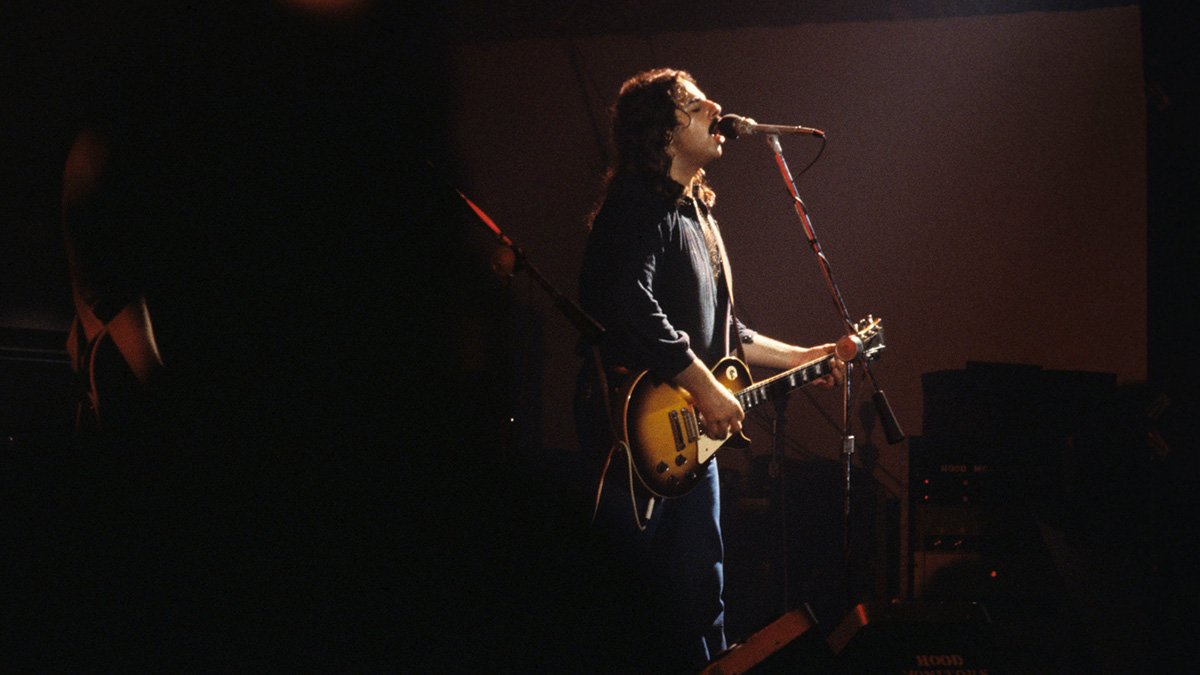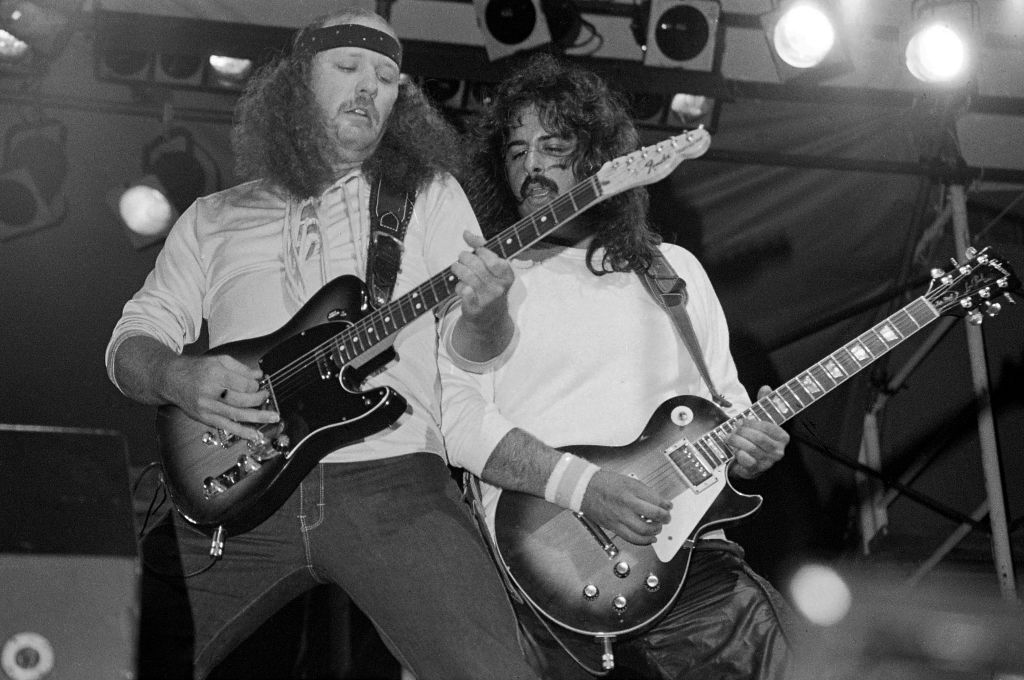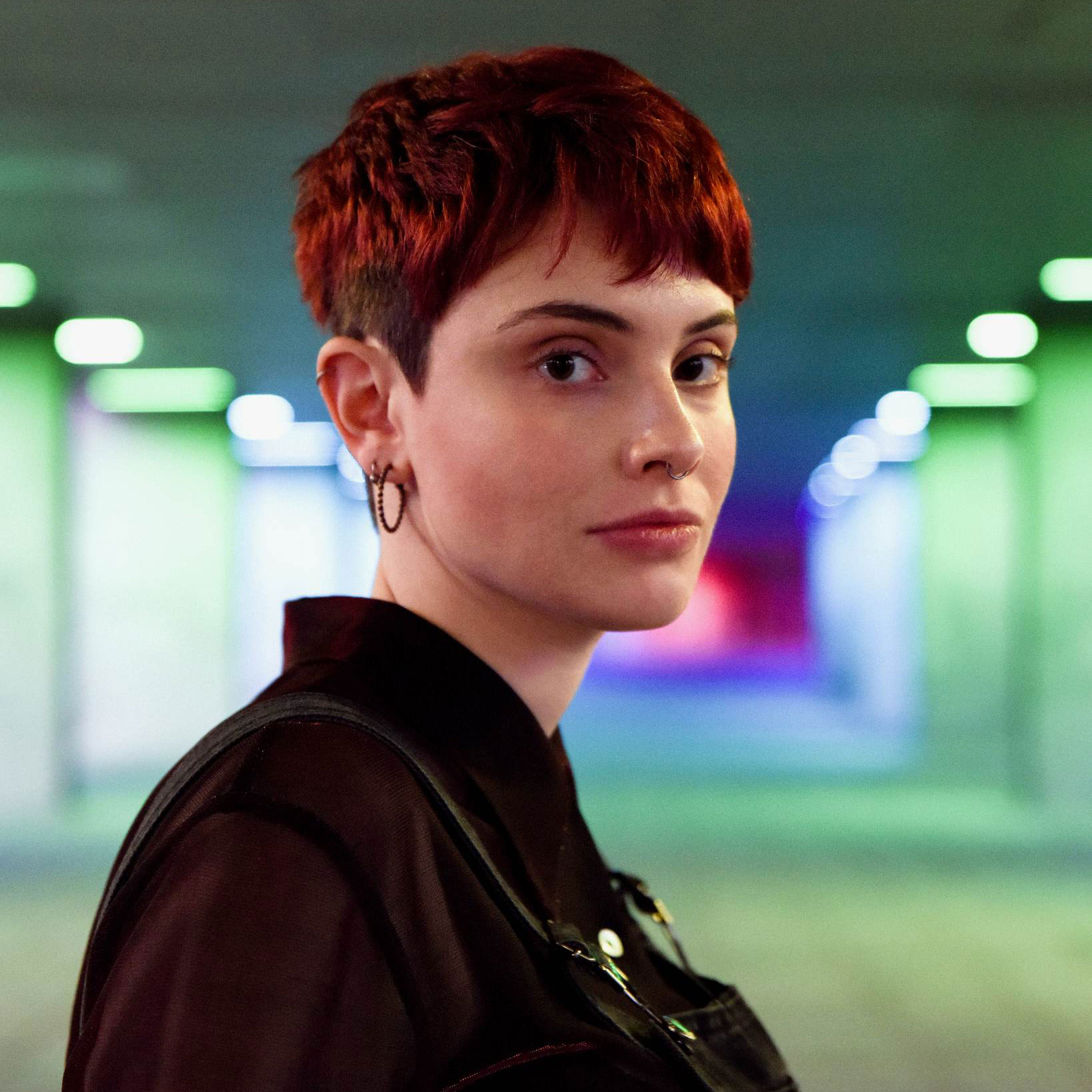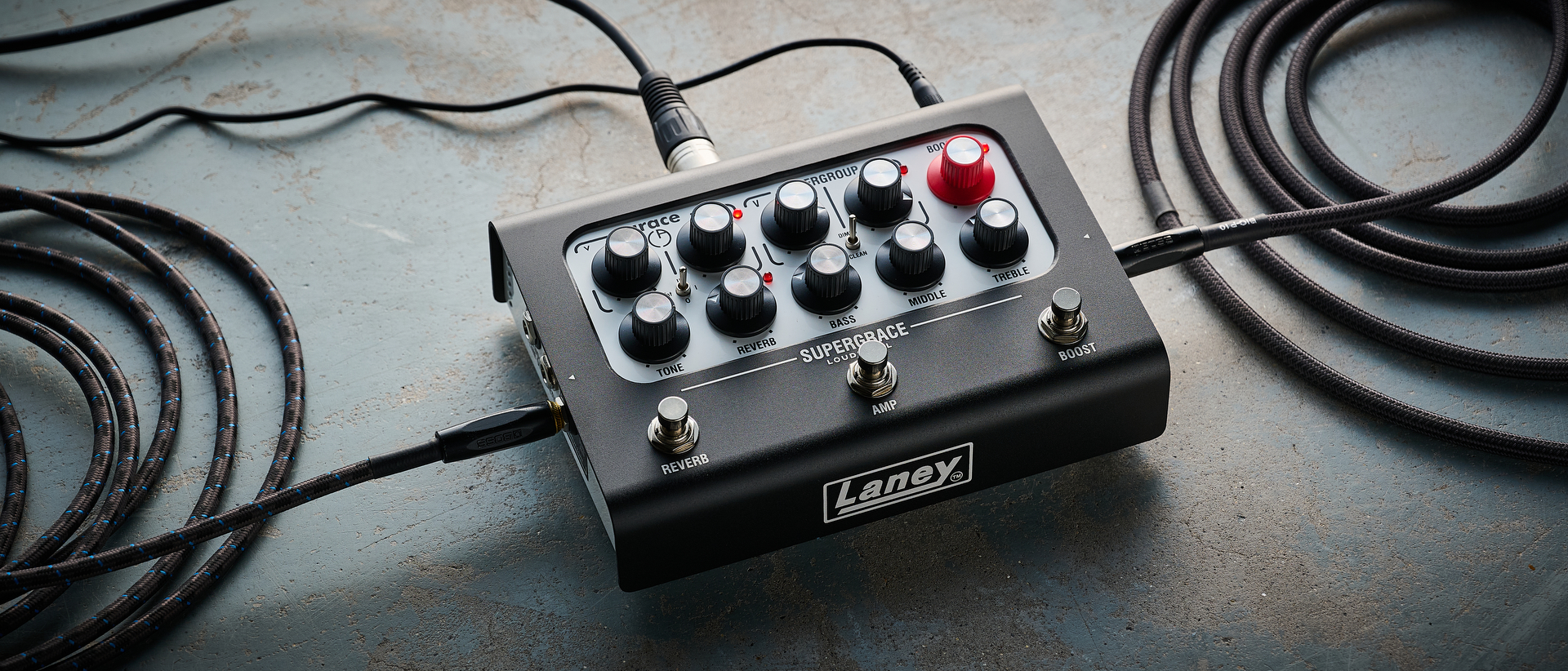“He was an electric performer and beloved musician and he will be missed”: Freddie Salem, former guitarist for Southern rock band Outlaws, dies at 70
In addition to being a member of the Outlaws, Salem toured with The Chambers Brothers, produced and played with The Godz, and recorded on sessions with Barbra Streisand

All the latest guitar news, interviews, lessons, reviews, deals and more, direct to your inbox!
You are now subscribed
Your newsletter sign-up was successful
Former Outlaws guitarist Freddie Salem has died at age 70 from complications related to cancer. The news was confirmed by the Facebook page of his latest project, Freddie Salem and Lonewolf.
“This morning, the Heavens parted for the arrival of a legend. Rock on high, Freddie Salem. Until we meet again,” read the post.
Meanwhile, his former Outlaws bandmates penned a social media post that celebrated the life and talent of Salem: “It’s with a heavy heart that we have to tell Outlaws fans about the passing of our former guitarist Freddie Salem. Freddie passed from complications due to cancer and will be remembered for his outgoing personality and passion for music.
“He first appeared with the Outlaws on the album Playin’ to Win and then remained in the band for the following 4 albums. He was an electric performer and beloved musician and he will be missed.”
Salem was born on May 15, 1954, in Akron, Ohio. He started playing guitar at the age of 15 after initially picking up the drums three years earlier. In his early years, his main influences ranged from British Invasion to American roots artists, including B.B. King, Carlos Santana, Eric Clapton, and Jeff Beck.
After playing in several local bands, Salem joined the American psychedelic soul band The Chambers Brothers in Los Angeles in 1973 and toured and recorded with them for a year and a half.
Fast-forward to 1977, and Salem got the opportunity to join the American Southern rock band Outlaws, who by that time had already cemented their reputation with their first three albums, The Outlaws (1975), Lady in Waiting (1976), and Hurry Sundown (1977), as well as their 1975 hits There Goes Another Love Song and the nine-minute, forty-nine-second guitar solo-heavy opus Green Grass and High Tides.
All the latest guitar news, interviews, lessons, reviews, deals and more, direct to your inbox!
“I had met the band a year earlier in Los Angeles. They asked me to fly down to Tampa and jam,” said Salen in an interview with Road to Jacksonville Webzine. “We rehearsed for one week and hit the road. First gig was at Boston Gardens in Massachusetts. We continued from there. I was 23 years old at the time.”
Playing his trusty Les Paul, Salem made his debut on Bring It Back Alive (also known as Bring 'Em Back Alive), the band's 1978 live double album, which also features I Hope You Don’t Mind, a track that the guitarist wrote, plus an epic 20-minute version of Green Grass and High Tides. That same year, the Outlaws also toured with The Rolling Stones on the Some Girls tour.

“No other band in the world tours like the Stones. It's similar to a traveling circus. Always something going on,” recalled Salem.
“The Stones treated the Outlaws very well. The experience was incomparable to anything I had ever experienced, till this day. Even though we had performed with the Grateful Dead and other stadium shows nothing even came close to the Stones. Brilliant experience indeed.”
Salem went on to play with the fast-rising band on Playin’ to Win (1978), In the Eye of the Storm (1979), Ghost Riders (1980), and Los Hombres Malo (1982), with the 1980 album going gold and their cover of the Stan Jones classic (Ghost) Riders in the Sky clinching the No. 15 spot on Billboard’s Mainstream Rock Chart.
In 1982, the guitarist released his solo record Cat Dance, and a year later left the Outlaws.
“Things had unraveled after 7 years of touring and recording,” he explained. “Our record label had dropped the band, Billy [Jones, guitarist], Harvey [Dalton Arnold, bassist], Monte [Yoho, drummer] were gone, and things deteriorated from there. I did not want to see the band go backwards. So, the decision was made between Hughie [Thomasson, guitarist and singer] and myself.”
Following his tenure with the group, Salem produced and performed with the Ohio rock band The Godz, played acoustic guitar on a number of Barbra Streisand tracks, jammed with Joe Bonamassa, and continued sessioning.
When asked to sum up his time with the Outlaws, Salem concluded: “Most memories of my tenure with the Outlaws were the best of times. We became a magnificent recording and live headling band selling out major arenas and coliseums worldwide. It was an exciting time to build the visibility and success of the band. As far as regrets, none.”
Janelle is a staff writer at GuitarWorld.com. After a long stint in classical music, Janelle discovered the joys of playing guitar in dingy venues at the age of 13 and has never looked back. Janelle has written extensively about the intersection of music and technology, and how this is shaping the future of the music industry. She also had the pleasure of interviewing Dream Wife, K.Flay, Yīn Yīn, and Black Honey, among others. When she's not writing, you'll find her creating layers of delicious audio lasagna with her art-rock/psych-punk band ĠENN.



